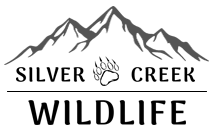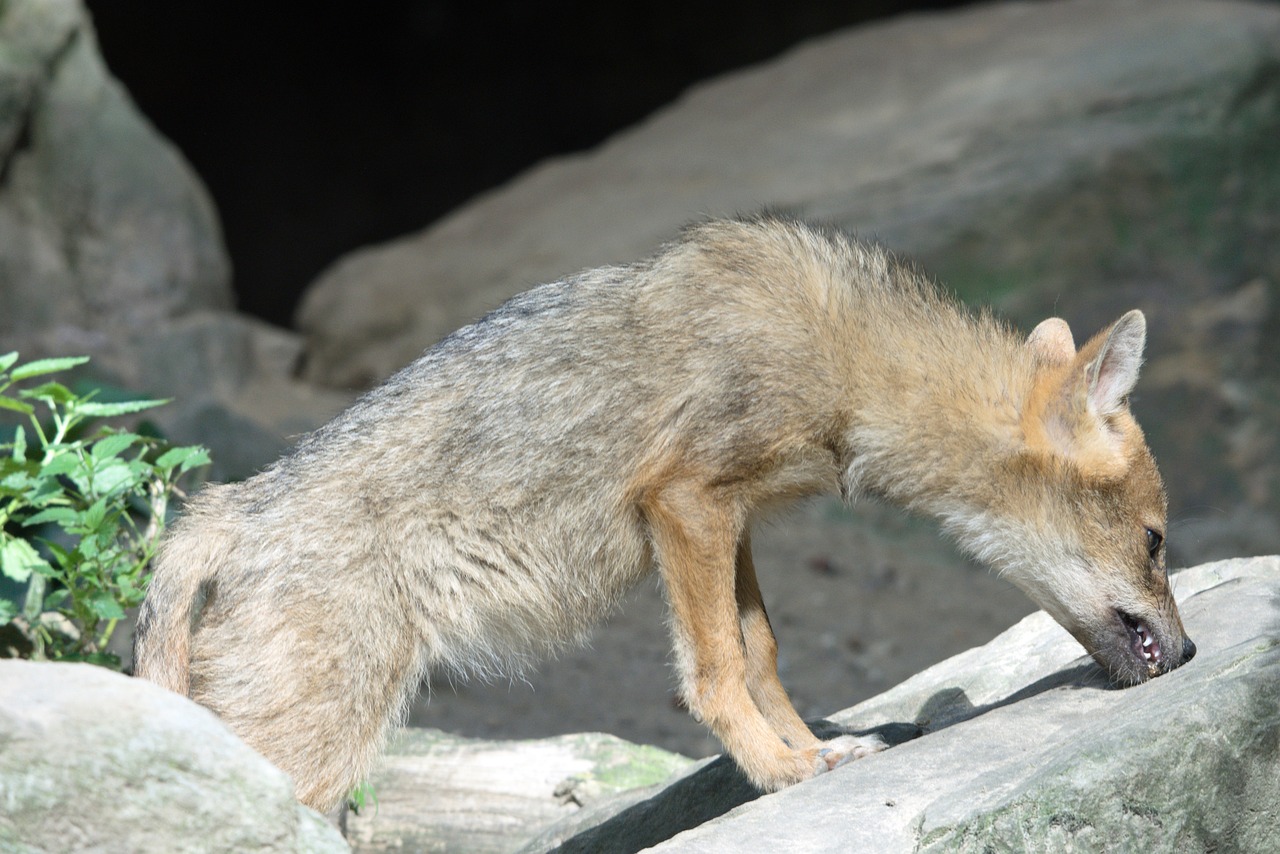Denning season which typically runs from late February through to early summer, often results in an increase in territoriality and protectiveness over pups.
As this can lead to more potential conflicts with humans and pets, understanding behaviour will help you, your pets and the coyotes feel safe.
Am I being stalked?
Coyotes may display "escorting" behaviour by approaching or following people away from den areas. Although it may feel like stalking it is instead protective denning behavior and not unprovoked aggression. Leash up your pet and leave the area quickly but calmly. Avoid running as this may trigger instinctive behaviour.
How do I keep my pets safe?
Leash up, and make your presence known by making noise while walking on trails, especially in areas with known coyote activity. When letting your pet out at night, consider keeping them leashed, even in your own back yard. Coyotes may lunge or make short charging runs towards pets, though they usually veer off without making contact. They are simply trying to keep perceived threats away from their vulnerable pups.
What should I do if I walk past a den site?
It's important to give coyotes a wide berth during this time and avoid areas where you know or suspect there are dens. If you encounter a protective denning coyote, the best response is to remain calm, avoid direct eye contact, and leash up pets. Then slowly back away from the area while making yourself look big and loud noises such as clapping or shouting.
Coyotes are simply being protective parents, giving them space and removing attractants during this sensitive period is key to coexisting safely.
For additional tips, read our blog on "What should you do if you see a coyote?" or contact our predator management team today!


